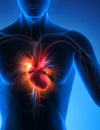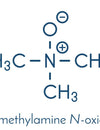No products in the cart.
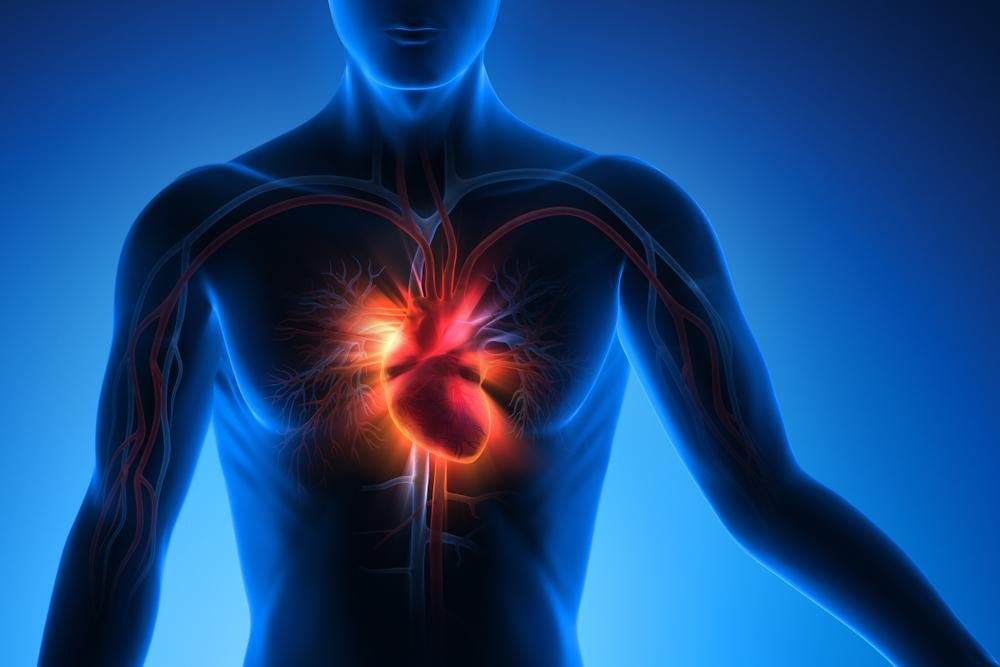
How long does it take to reduce cardiovascular risk by changing what you eat?
Posted by: Didrik Sopler
" How long does it take to reduce cardiovascular risk by changing what you eat? This research was conducted to investigate the effect on cardiovascular risk factors using only food (McDougall J, et.al., 2014). 1615 people participated in this research. The protocol was implemented for only 7 days, and...
Read more
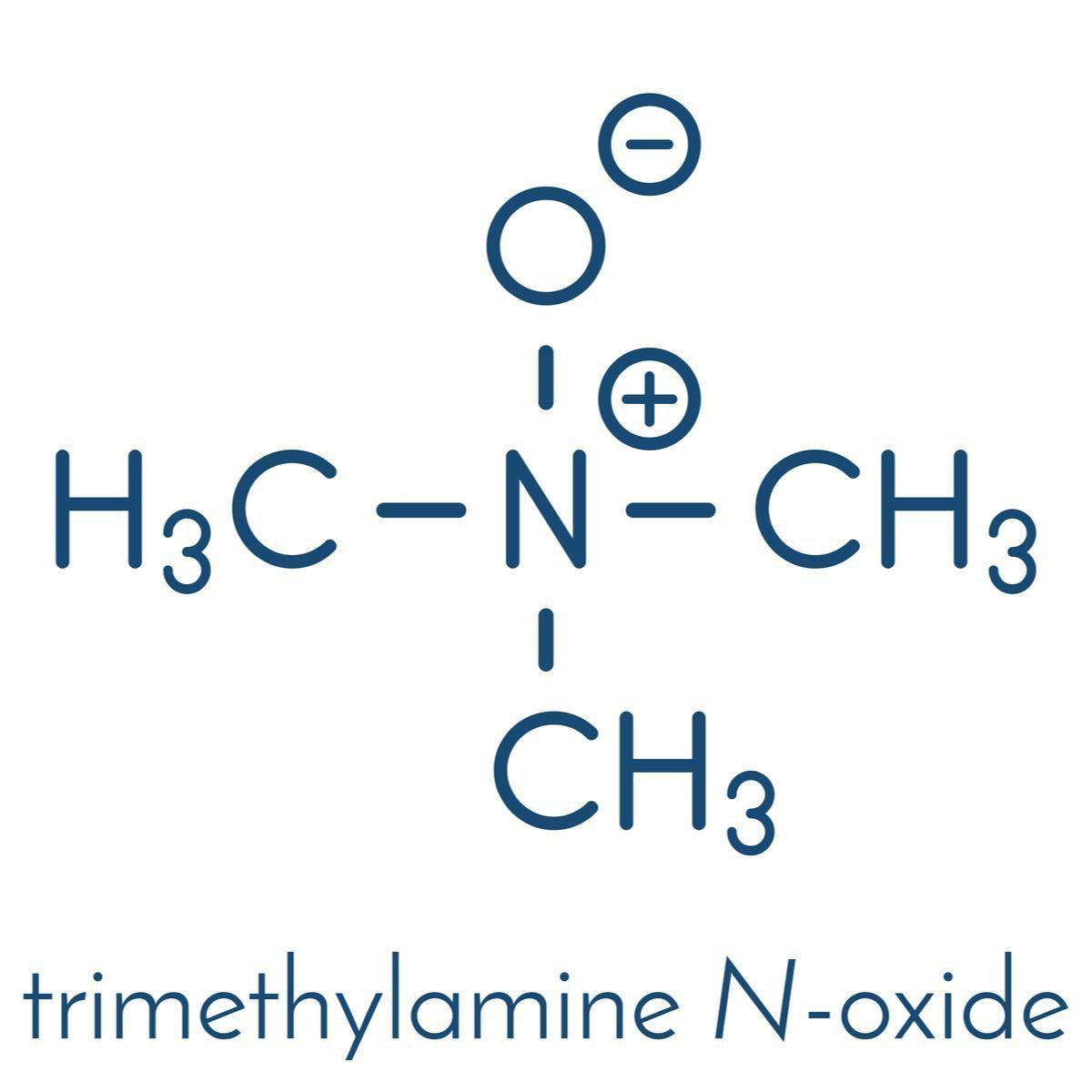
What is TMAO, and why should you avoid it?
Posted by: Didrik Sopler
What is TMAO, and why should you avoid it? The bacterial flora of the intestines convert choline into trimethylamine, which again isconverted into TMAO (trimethylamine-N-oxide) by the involvement of an enzyme fromthe liver. Choline is found in animal-derived products like eggs, dairy products, and meat.The following...
Read more
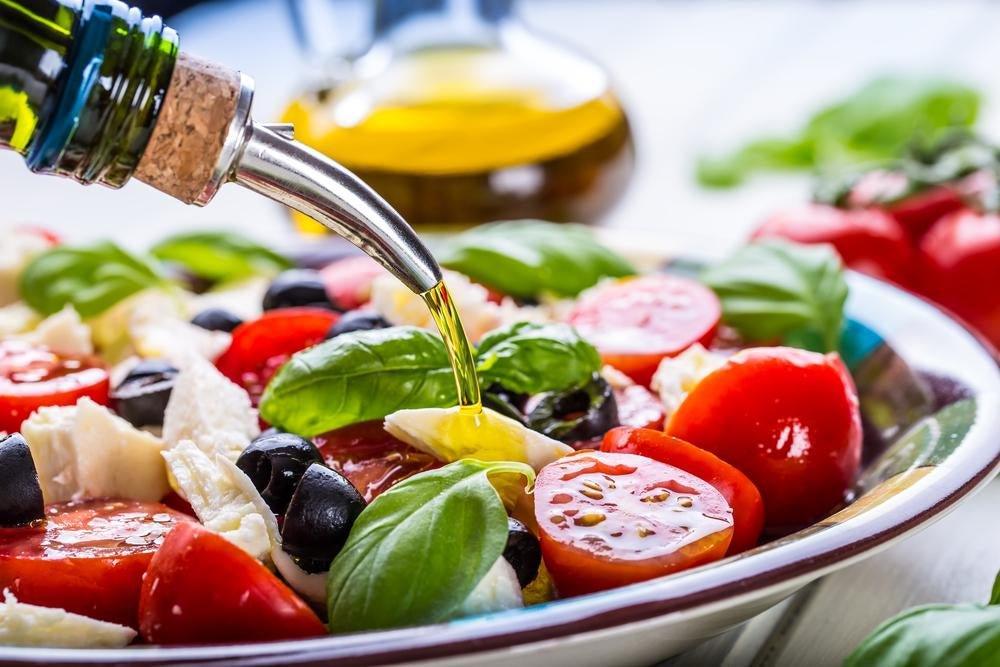
What works best to keep cardiovascular risk factors low, a high fat diet, a Mediterranean diet or a high carbohydrate low fat diet?
Posted by: Didrik Sopler
What works best to keep cardiovascular risk factors low, a high-fat diet, a Mediterranean diet or a high carbohydrate low-fat diet? Research has compared these different approaches a while back, and we have had the results for a while. The reason why they’re still are questions about the...
Read more
The importance of this vitamin and why some people may not be getting enough of it
Posted by: Didrik Sopler
"Thiamine vitamin B1 is an essential cofactor for 4 enzymes involved in the production of energy (ATP) and the synthesis of essential cellular molecules. The total body stores of thiamine are relatively small, and thiamine deficiency can develop secondary to inadequate nutrition, high alcohol consumption, increased urinary excretion and acute...
Read more
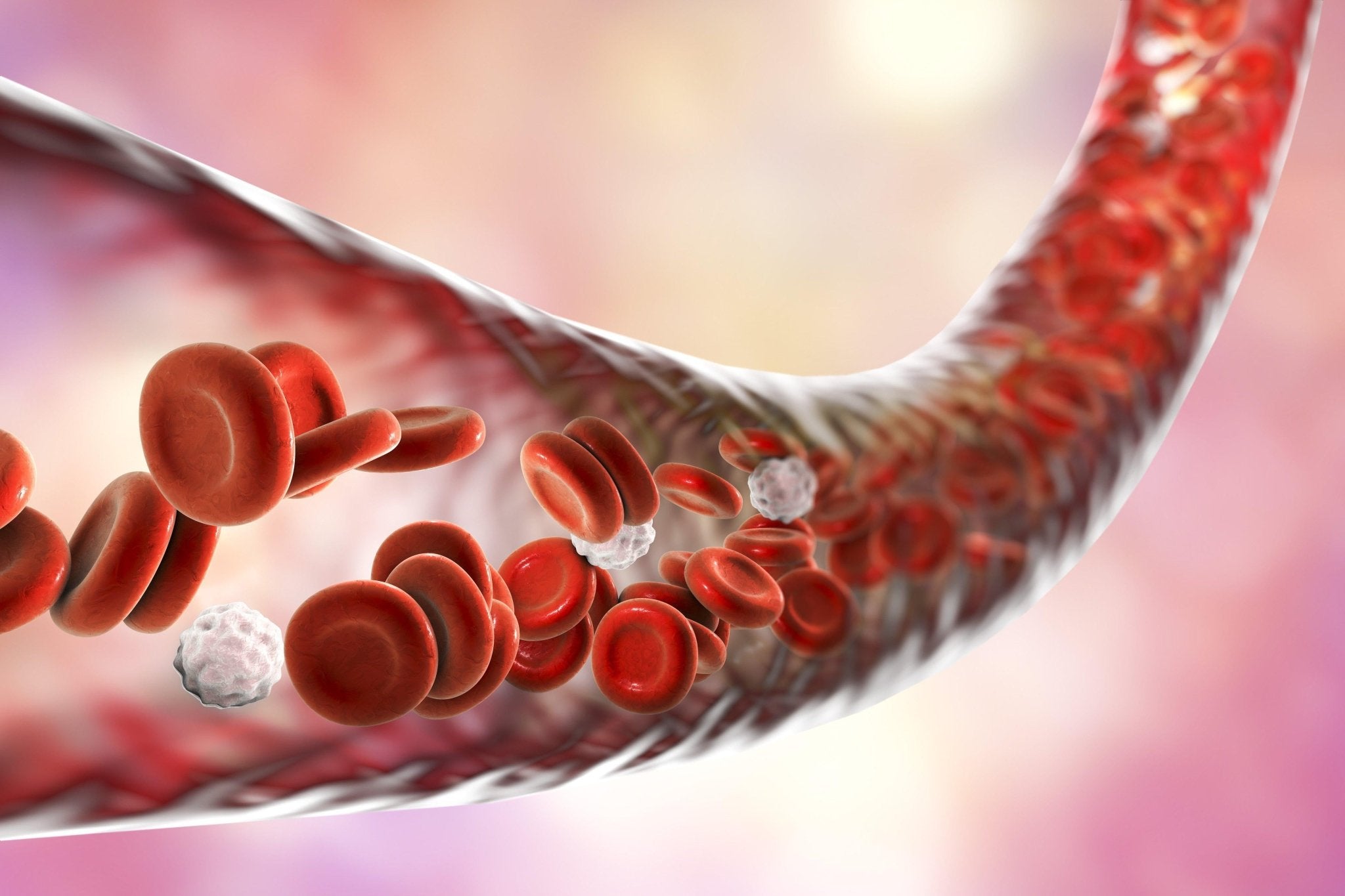
Do normal LDL cholesterol levels protect us from cardiovascular disease?
Posted by: Didrik Sopler
The correct term for LDL is Low-Density Lipoprotein and it is also called the “bad cholesterol” because LDL tends to create plaque in the arteries and atherosclerosis. There are however different opinions about the risk of cholesterol and LDL. I think you will find the following research data interesting. What...
Read more

What can we do to reduce oxidative stress as we get older?
Posted by: Didrik Sopler
We know that aging is associated with oxidative stress. This research tested whether glutathione deficiency occurs because of diminished synthesis and contributes to oxidative stress and what could be done about it (Sekhar RV, et.al., 2011). Two groups that were divided into age groups made up the participants. Both older...
Read more

A lesser-known benefit of a plant based diet
Posted by: Didrik Sopler
You may not have heard about Trimethylamine oxide (TMAO), but this metabolite is created by the bacterial flora in the gut in response to certain food components. This is the process.TMAO originates from a precursor, trimethylamine (TMA) that is a metabolite of mainly choline and carnitine from ingested foods...
Read more

This function is involved in a variety conditions from viral diseases to heart disease, stroke and diabetes
Posted by: Didrik Sopler
Vascular endothelial cells line the entire circulatory system, from the heart to the smallest capillaries. The endothelium is the inner layer of the blood vessels and is extremely important. When the endothelium is functioning normally, it helps to regulate blood clotting, assists the body’s immune response, controls the volume of...
Read more
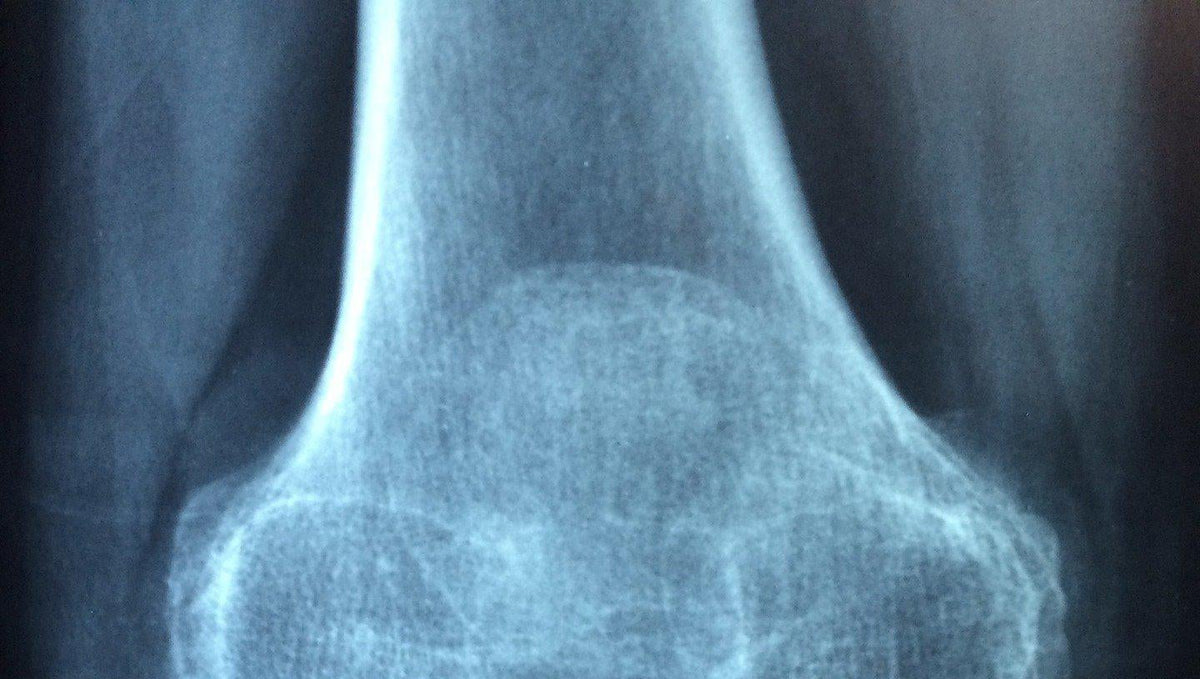
How to protect the cartilage of your joints from oxidative stress and degeneration.
Posted by: Didrik Sopler
source src=""https://tissuerecovery.com/wp-content/uploads/2018/11/untitled_x264.mp4""> Oxidative stress tends to increase as we get older and contributes to cell death of cartilage. It also damages other tissue. This leads to increased cartilage degeneration, which can lead to arthritis, and you don’t want to get arthritis. In the following study, the researchers took...
Read more

Feel more relaxed, improve your focus and be more stress resistant by controlling your breathing.
Posted by: Didrik Sopler
The way you breathe has a strong effect on how you feel and function. Research has shown that the amount of times you breath and also how you breathe is important. The following study included 47 healthy college students which implemented different breathing patterns (Lin IM, et., al., 2014). Anxiety and...
Read more
What can you do to help your immune system to better protect yourself from pathogens like viruses?
Posted by: Didrik Sopler
We are exposed to pathogens–especially viruses–all the time and our immune system is very effective at protecting us. This means that most of the time, we don’t get sick. Research has, however, found evidence of decreased levels of glutathione in several diseases–such as cancer, viral infections and immune dysfunction–as well...
Read more
What else can you do to improve your cognition other than pay attention to the food you eat?
Posted by: Didrik Sopler
You actually have quite a lot of control over how functional your brain is going to be. Research has shown we can slow down memory loss and even improve our memory. The food we eat is extremely important, but another tool we have is exercise. Resistance exercise is especially effective....
Read more
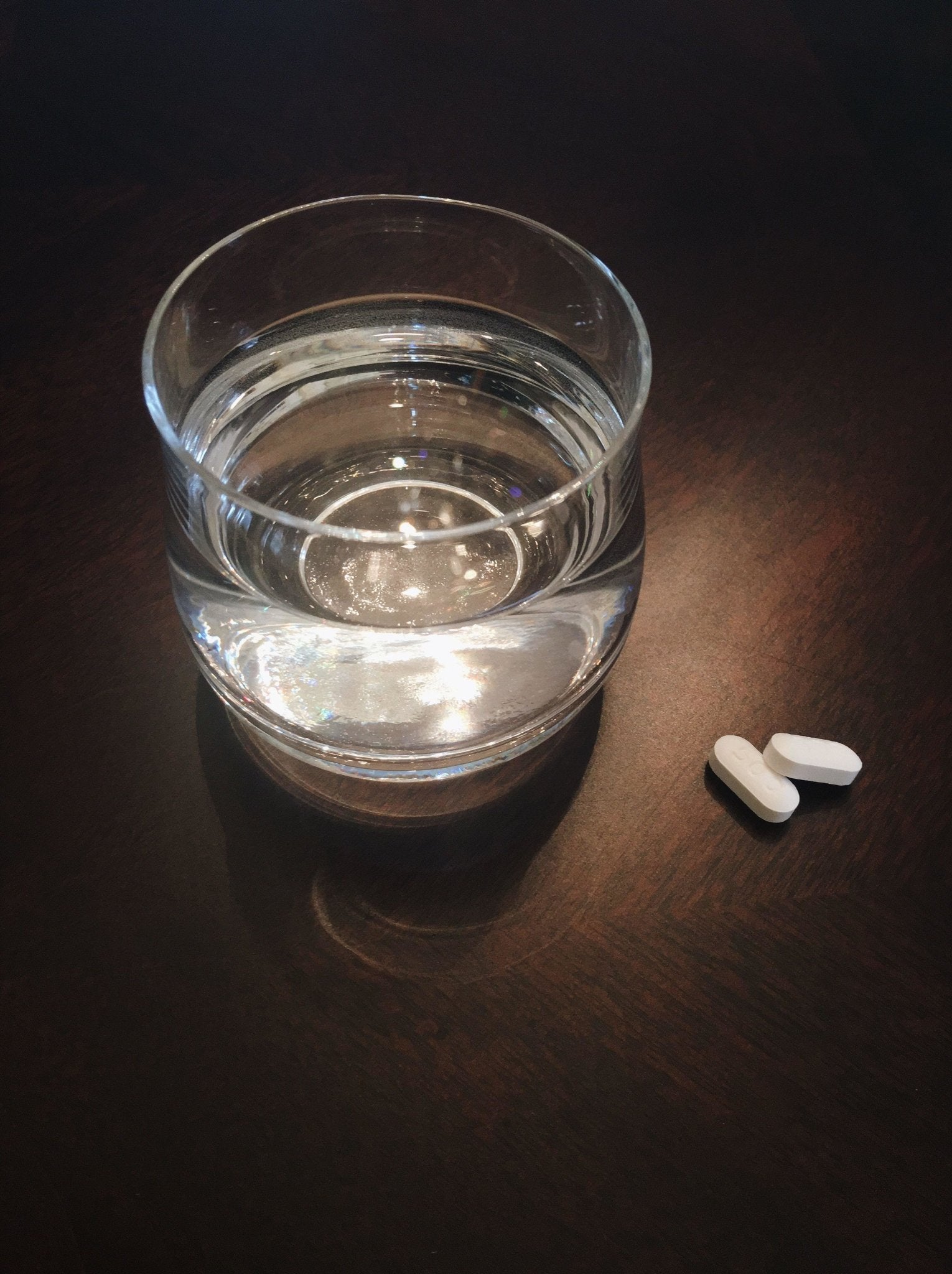
What can B Vitamins do for your cardiovascular system?
Posted by: Didrik Sopler
You may have read that B Vitamins don’t provide any benefits for the cardiovascular system. Is that true, or is the reason instead a lack of knowledge? Decide for yourself, but read this first. While there is research showing no benefits for the cardiovascular system, could the reason...
Read more
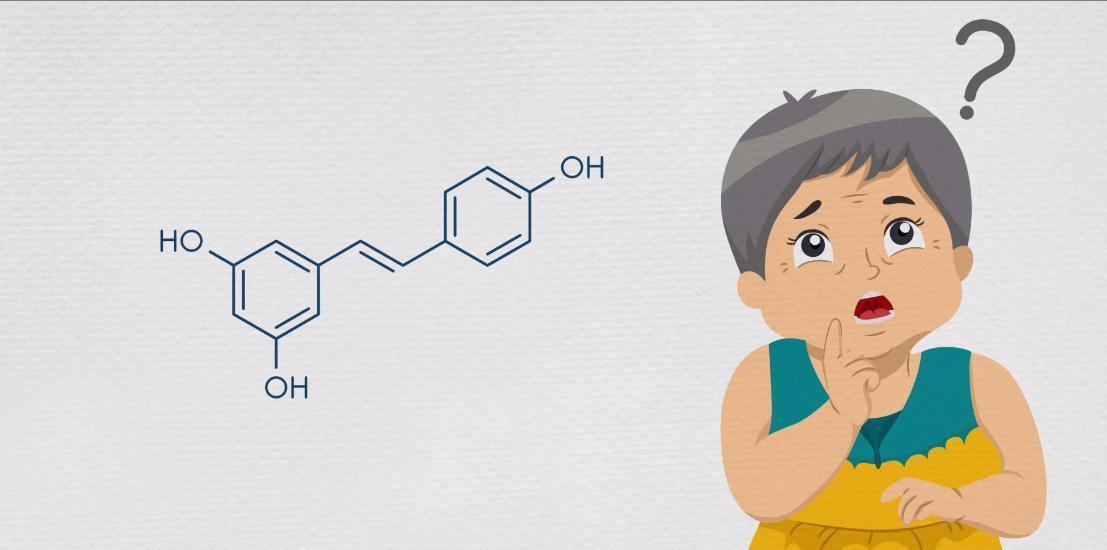
Improve Your Memory By Improving Brain Circulation
Posted by: Didrik Sopler
Resveratrol supplementation has shown to improve executive function and memory in older adults (Thaung Zaw JJ., et.al., 2017). The benefits were due to improved cerebral perfusion, circulation in the brain. When 80 post-menopausal women were supplementing with trans-resveratrol or a placebo for 14 weeks, the researchers found that the women...
Read more

Imagine How It would Be To Have a Great Memory For Life?
Posted by: Didrik Sopler
That’s what we all would like to have. We want to be able to communicate well and have the right answer quickly when questions come up. We want to know that we can rely on our brain as long as we need it and that it will not let us...
Read more
Showing: 1 -16 of 16



